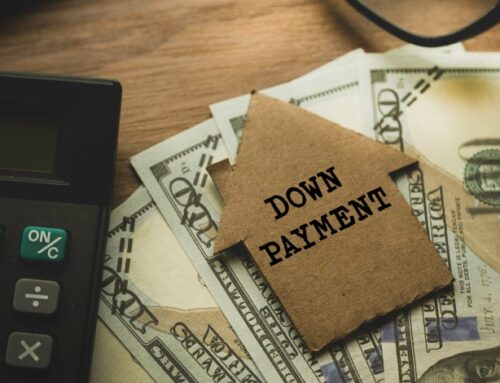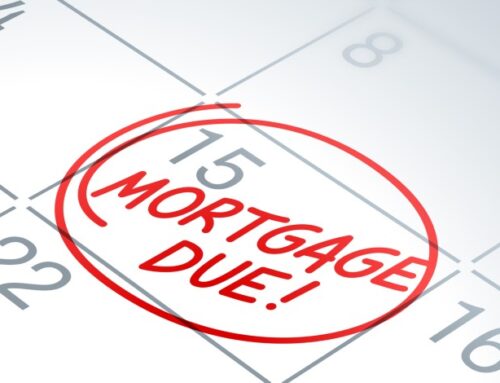For most of us, buying a home is the biggest financial commitment we’ll ever make. It’s more than just a roof over your head. It’s your safe haven, your family’s future, and, for many, your largest source of equity.
But as technology advances and criminals find new ways to steal personal information, homeowners face a growing risk that many people haven’t heard of: home title theft.
Understanding Home Title Theft
So, what is home title theft exactly? Also called house title theft, mortgage title theft, or simply title fraud, this crime occurs when someone fraudulently changes the ownership of your property’s title. Using stolen personal information and forged documents, scammers transfer the title into their name, or an alias they control, without your knowledge or permission.
Once they have control of the title, criminals can commit further fraud. They might take out a home equity loan or a second mortgage on your property. Some even attempt to sell your house to an unsuspecting buyer while you’re still living in it. By the time the fraud comes to light, the financial damage can be enormous, and untangling the mess often requires time, money, and legal help.
How Common Is Home Title Fraud?
Compared to other types of financial crime, home title fraud is relatively rare, but it does happen, and the consequences are severe. Criminals often target homeowners who have fully paid off their mortgage, older adults, or people who own rental or vacation properties and don’t check their mail at that address frequently.
Because the crime often goes unnoticed until it’s too late, awareness and prevention are your best defenses.
What Are the Signs of Home Title Theft?
Unlike traditional identity theft, home title theft doesn’t usually come with obvious red flags like a stolen credit card number or fraudulent charges on your bank statement. Instead, the signs are subtle and easy to overlook if you’re not paying close attention. Some warning signs include:
- You suddenly stop receiving mortgage or tax statements in the mail.
- You get mail for someone else at your address, especially mortgage or loan offers.
- You receive unexpected foreclosure notices or bills for loans you never took out.
- You notice unfamiliar accounts or inquiries when you check your credit report.
- You discover that someone has filed a change of ownership on your property at the county recorder’s office.
Staying vigilant for these signs can help you catch house title theft before the damage escalates.
How Criminals Steal a Home Title
Often, mortgage title theft starts with identity theft. Criminals collect your personal information (like your name, Social Security number, or forged signatures) through phishing scams, data breaches, stolen mail, or other illegal means.
Next, they forge a deed transferring ownership of your home to themselves or a fake buyer. They file this false deed with the local county recorder’s office, which, if it looks legitimate, gets added to the public record. From there, the scammer can use the fraudulent title to secure loans against the home or try to sell it.
How To Help Prevent Home Title Theft
While you can’t control the tactics criminals use, you can take practical steps to lower your risk of home title fraud:
1. Check your property records regularly
Most counties make property records available online. Periodically check your title to make sure your name is still listed as the owner. If you spot any changes you didn’t make, contact your county recorder’s office immediately.
2. Sign up for fraud alerts or title monitoring
Some title companies, insurance providers, and local governments offer monitoring services that alert you if any documents are filed against your property. Consider enrolling if it’s available in your area.
3. Monitor your credit report
Since title fraud often involves taking out loans, unusual activity may appear on your credit report. Request a free credit report at least once a year from each of the three major bureaus (Experian, Equifax, and TransUnion) at AnnualCreditReport.com. Look for unfamiliar accounts or inquiries.
4. Safeguard your personal information
Protecting yourself from identity theft helps prevent house title theft too. Shred sensitive documents, store important papers in a secure place, and be wary of sharing personal information online or over the phone.
5. Use strong passwords and secure Wi-Fi
Cybersecurity matters. Many title thefts start with hacked emails or stolen online accounts. Use strong, unique passwords and enable multi-factor authentication where possible.
6. Stay skeptical of unsolicited offers
If you receive an unexpected offer to buy your home, or if someone pressures you to sign paperwork you don’t fully understand, stop and verify. Don’t sign anything until you’ve had a chance to review it with a trusted real estate agent, attorney, or financial advisor.
What To Do If You Suspect Home Title Theft
If you believe you may be a victim of home title theft, act quickly:
- Contact your county recorder’s office to check your property title and confirm if any fraudulent transfers have been filed.
- Report the fraud to local law enforcement and file a police report.
- Notify your mortgage lender and insurance provider immediately.
- Place a fraud alert or a freeze on your credit reports with all three credit bureaus.
- Consult a real estate attorney who specializes in title fraud to help you take legal action to reverse the fraudulent deed and protect your rights.
- File a report with the Federal Trade Commission (FTC) at IdentityTheft.gov.
Your Home, Your Peace of Mind
No homeowner wants to imagine the nightmare of losing their home to fraud. But by staying informed, watching for the signs of home title theft, and taking simple steps to protect your title, you can reduce your risk and act quickly if something doesn’t seem right.
At Arizona Central Credit Union, we’re dedicated to protecting our members and the communities we serve. If you have questions about home title theft, identity protection, cybersecurity, or safeguarding your financial future, we’re here to help with trusted advice and resources you can count on. Contact us online or call (866) 264-6421.




